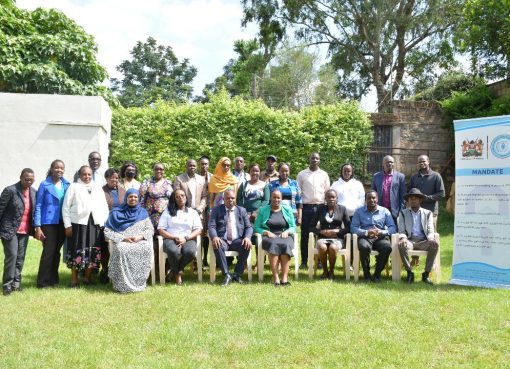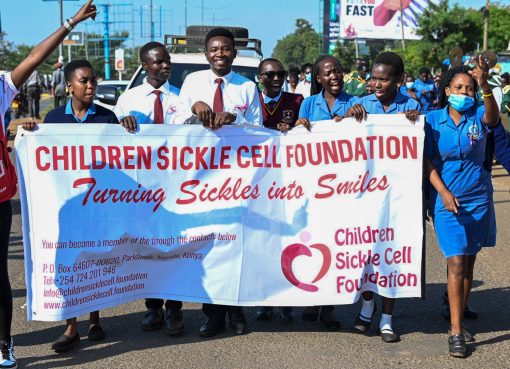Kenya’s preterm birth rate is 12 per cent, translating to 193,000 babies being born prematurely every year while about 13,300 children under the age of five die due to direct preterm complications.
Speaking on Thursday during the commemoration of World Prematurity Day, Cabinet Secretary for Health Susan Wafula said currently, the country is experiencing high preterm births with more families in need of support.
Wafula said with the theme “Parents embrace a powerful therapy. Enable skin to skin contact from moment of birth”, this years’ celebrations come at a time when Kenya is recovering from the Covid-19 pandemic, which has affected all aspects of our lives.
The CS added that inequalities in survival rates around the world are evident, saying in low-income settings, half of the babies born at or below 32 weeks die due to lack of a feasible, cost-effective care.
She noted that preventing deaths among babies born too soon is a public health priority, citing that the most urgent action is to prevent, diagnose and manage preterm births.
Wafula noted that high impact interventions such as Kangaroo Mother Care for management of preterm and low birth weight babies, use of corticosteroids in management of premature labour and use of Chlorhexidine Digluconate 7.1 per cent gel for prevention of neonatal sepsis greatly helped in saving the small babies.
The CS said Kangaroo Mother Care is a proven, evidence-based innovative health solution for the care of small and sick new-borns and that the technique helps in decongesting new-born unit incubators as babies are with their mothers most of the time bringing about bonding, breastfeeding on demand, infection prevention and warmth.
Further the CS said that in order to ensure preterm babies thrive and survive, the Ministry of Health through the Department of Family Health has managed to scale up Kangaroo Mother Care centers across the 47 counties and established Pumwani Maternity Hospital as the Regional Training hub for Kangaroo Mother Care.
“In addition, my Ministry has gone further to develop Comprehensive New-born Care Protocol and Revised Guidelines on the application of Chlorhexidine Digluconate 7.1per cent on new-born umbilical cord, which we will also be launching today,” she added.
These materials, CS noted, demonstrate the Ministry of Health’s commitment to the survival and health of new-borns and is aligned with the country’s goal on attaining Universal Health Coverage (UHC).
She thanked their partners at the National and County level, Nairobi County officials, Health care workers and Communities for their overwhelming support towards moving the new-born agenda forward.
By Catherine Muindi





